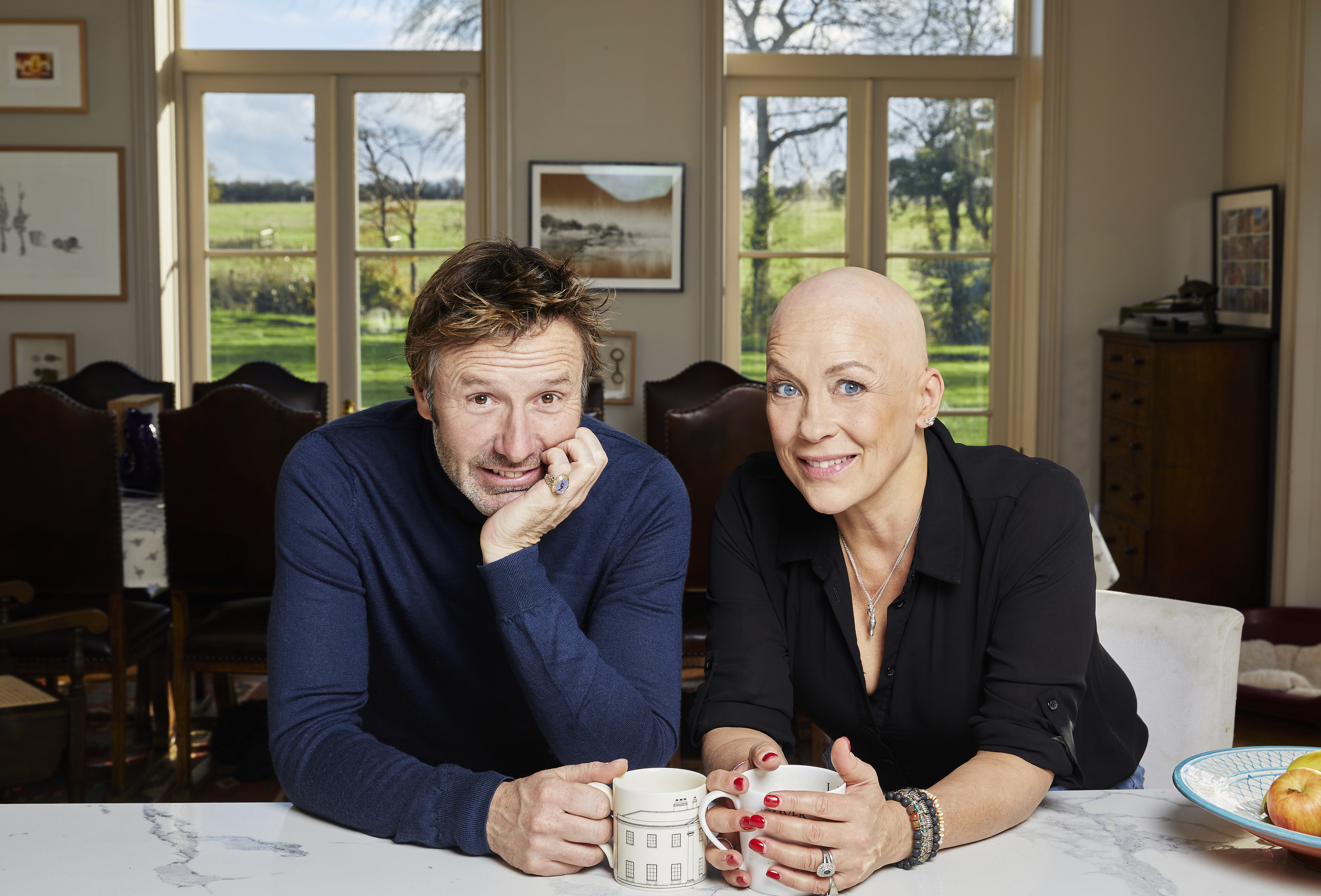
Sarah Beeny Vs Cancer follows TV presenter and property expert Sarah Beeny in the wake of her diagnosis with breast cancer in 2022, charting the impact on Sarah and her family as she undergoes treatment and examines the history of breast cancer within her family, as well as potential scientific breakthroughs which could revolutionize cancer treatment in the future.
The film was made in support of Stand Up To Cancer, a joint national fundraising campaign between Cancer Research UK and Channel 4, which has raised over £93 million in the UK over the last 10 years, funding 64 clinical trials involving more than 13,000 cancer patients.
"When I was diagnosed with breast cancer, there was a moment when I considered not telling anyone in the world, including my husband and children," says Sarah.
"Three minutes later, I realized that wasn't going to be possible, and I was overwhelmed by the response I received — which highlighted that I was not alone in having long held a disproportionate fear of breast cancer. So I decided to make this documentary about how far treatment has come in the last 40 years, but also about how it still affects you and those around you both mentally and physically.
"Ultimately I want to take some of the fear out of the words 'you have breast cancer' and encourage people to seek help as early as possible, giving them the best chance of diagnosis and overcoming the disease."
Here's everything we know about the documentary so far...
Sarah Beeny Vs Cancer release date
Sarah Beeny Vs Cancer will air on Monday, June 12 on Channel 4 at 9 pm. It is a single, hour-long documentary.
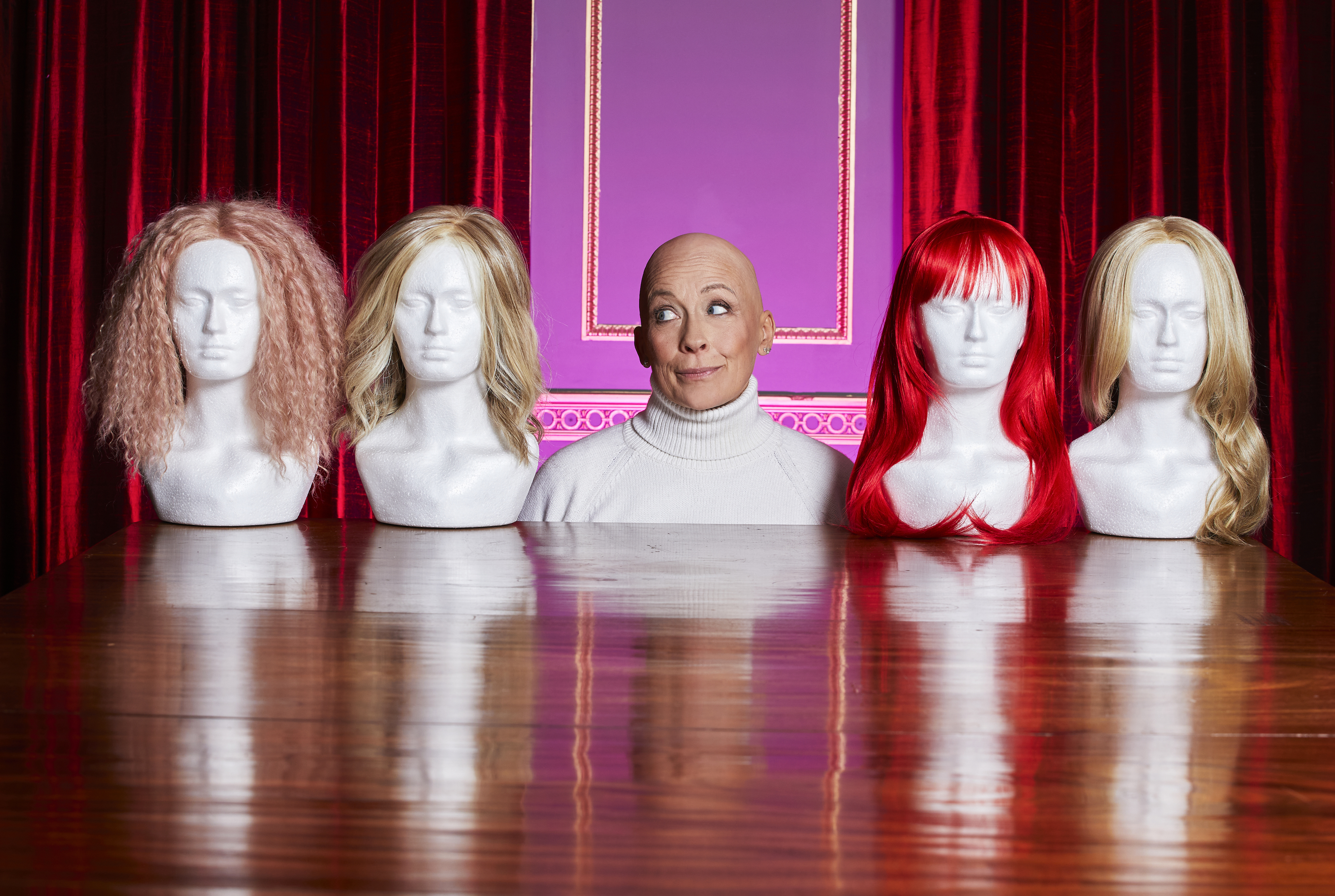
Sarah Beeny Vs Cancer synopsis
In August 2022, broadcaster, property expert and mum Sarah Beeny was diagnosed with breast cancer, almost exactly 40 years after her mother died of the same disease when Sarah was just 10 years old.
In this deeply personal documentary, Sarah explores the past, present and future of breast cancer treatment in the UK, with filming starting just three weeks after her initial diagnosis.
Heartfelt video diaries capture the highs and lows of this challenging period of Sarah's life when the cameras are not around, and interviews throughout the eight-month period with her husband Graham Swift and their four children offer perspective on what the whole family go through when a loved one is undergoing treatment.
Determined to keep working, Sarah decides to learn more about her mother's experience in the 1980s, uncovering medical notes and letters. She consults experts to better understand how breast cancer treatment has changed in the past 40 years and learn what it might look like in the future.
We follow Sarah to the door of the Royal Marsden Hospital in London where she undergoes her surgery for a double mastectomy, and in March 2023, we join Sarah on the road to recovery as she and her family reflect on the prior eight months.
While it's not a full 'all clear', Sarah considers this the end point in her treatment, and is determined to draw a line under a difficult chapter — but she's hopeful, having learned that breast cancer treatment is improving all the time.
Sarah Beeny interview for Sarah Beeny Vs Cancer
You mention in the film that after losing your mother at a young age, you anticipated you would be diagnosed with breast cancer at some point. Were you prepared for that moment when it came?
"No, I wasn't at all. My mother died when she was 39, so when I got to 40, I was like 'wow, I'm not dead' — that's partly, I think, why I've packed so much into my life, because I genuinely wasn't sure I'd live past 39. My main role model as a girl, my mother, is someone who died of breast cancer, so I imagined that would be what happened to me."
"I had a fear of breast cancer that was out of proportion to the risk of dying from it. That's not to say that no one dies of breast cancer, but there's a very good chance you won't, and the earlier you get diagnosed, the more likely you are to have a full recovery. That wasn't the case when my mother was young — you didn't get cured of breast cancer. Our fear of cancer is based on someone, somewhere, who's died — but you don't think about all the people who have survived, we don't talk about that as much."
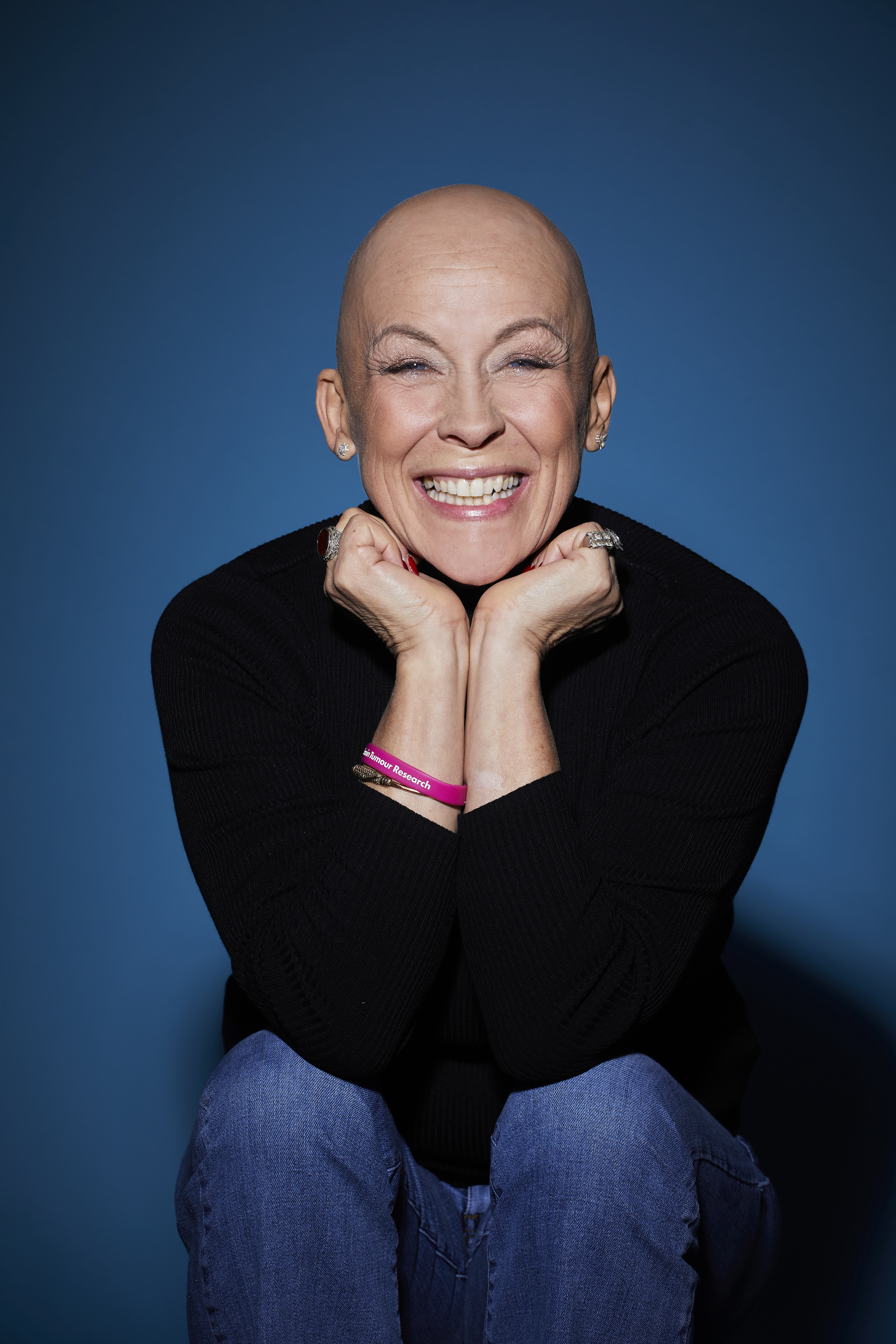
How important was it to you to make a film that people would be able to relate to?
"The documentary was made with a very small team - I've known Angie [Robinson, producer] for 20 years, and I've known Jonney [Steven, producer/director] for a couple of years, and I really trust them. I decided there was no point in making a documentary unless it was honest — it's not going to help anyone if it isn't. So I thought, I'll just go with how it feels at the time, and when we get to the edit, if it's really rubbish or I just hate it, there was always an option that I could just pull the documentary if I didn't like it. We talked about it a lot, Angie and Jonney were kind of my therapists in some ways, the poor things! And I really wanted to make the point that if you have breast cancer, everyone who loves you has to go through that too."
In the film we see you and your family cracking a lot of jokes during your treatment. Was that helpful to you?
"It's the only way I know! That wasn't just for the cancer treatment, my marriage and my relationship with my kids are based on that. Graham [Swift, Sarah's husband] is very sensitive and very lovely, but we definitely wouldn't have been together for 30 years if he was awfully earnest!"
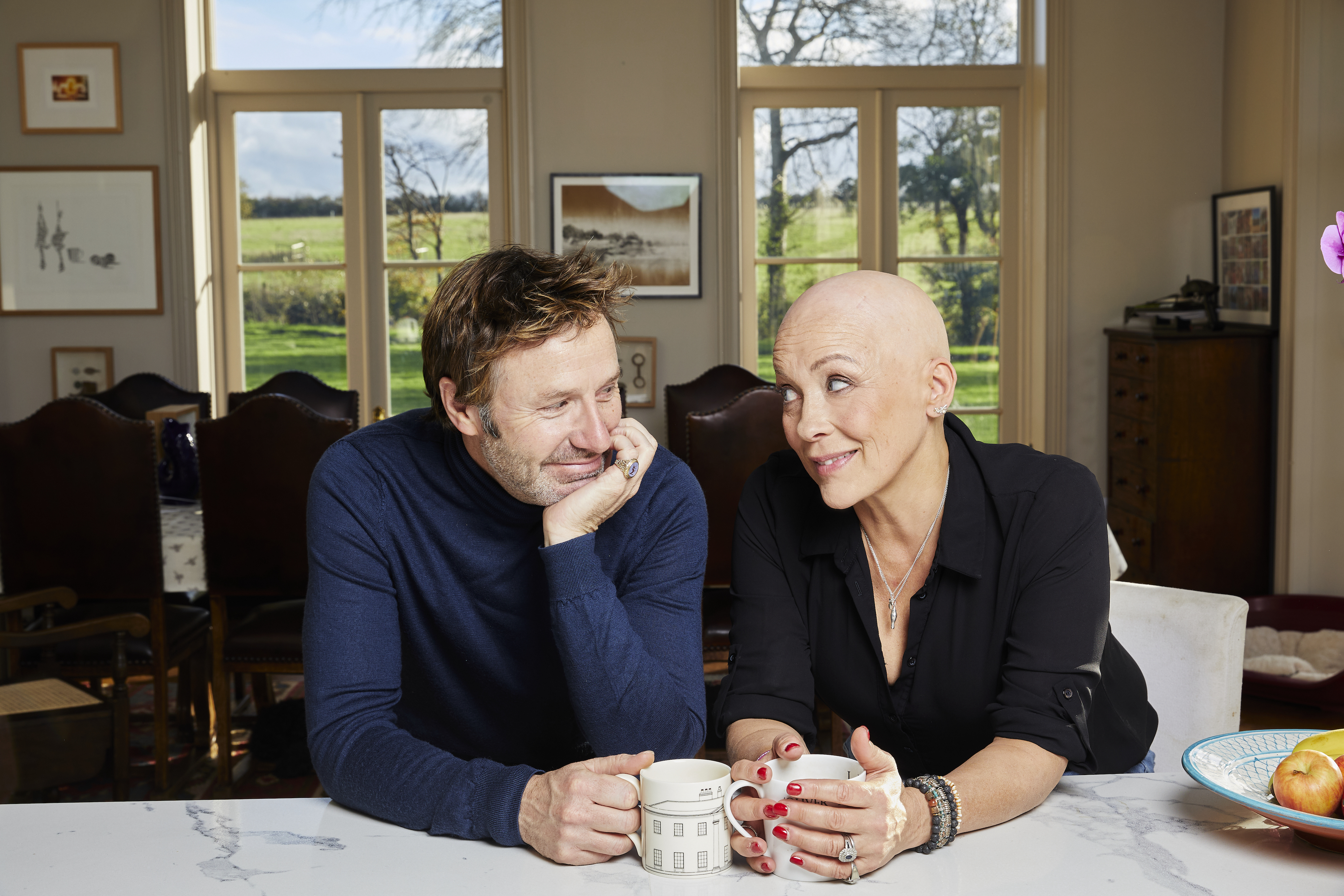
In the film, you explore what treatment would have been like for your mum in the 80s, and you look at what the future could possibly hold. What was that like?
"I suppose I largely set out to prove to myself that treatment had moved on — and once I had proved that to myself, I wanted to see how long it would be until there wouldn't be cancer any more, and I learned so much about it. There's so many different cancers, but genetics is the key — and the more they tailor the treatment, the cleverer they are with it. There is no doubt in my mind that in 40 years' time, cancer will definitely not be the terminal illness that we used to think it was, or that it is now."
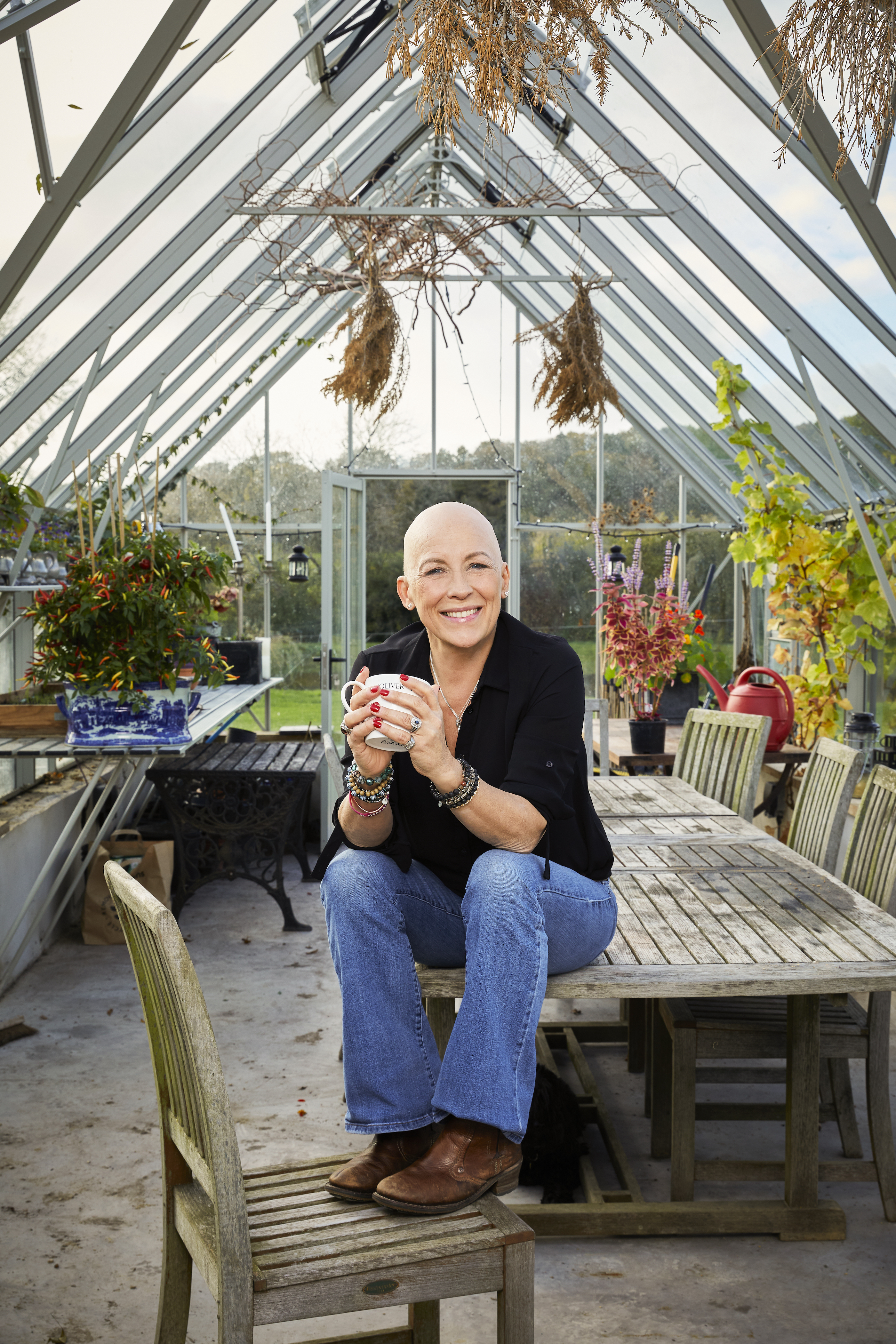
Did this feel like a very different programme from the sort of shows you've made before?
"Oh yeah, I've never made an authored documentary before. I'd love to do more shows like this — I don't know what I could do it on, but I've always wanted to do something really investigative where you dig really deep. Doing this was a different kind of experience. I wouldn't say I enjoyed all of it, but I'm really proud of the end result. I think it does justice to my mother, to breast cancer, and to all the people who helped me."
Is there a trailer for Sarah Beeny vs Cancer?
Not yet, but as soon as one is released we will add it to this guide.







